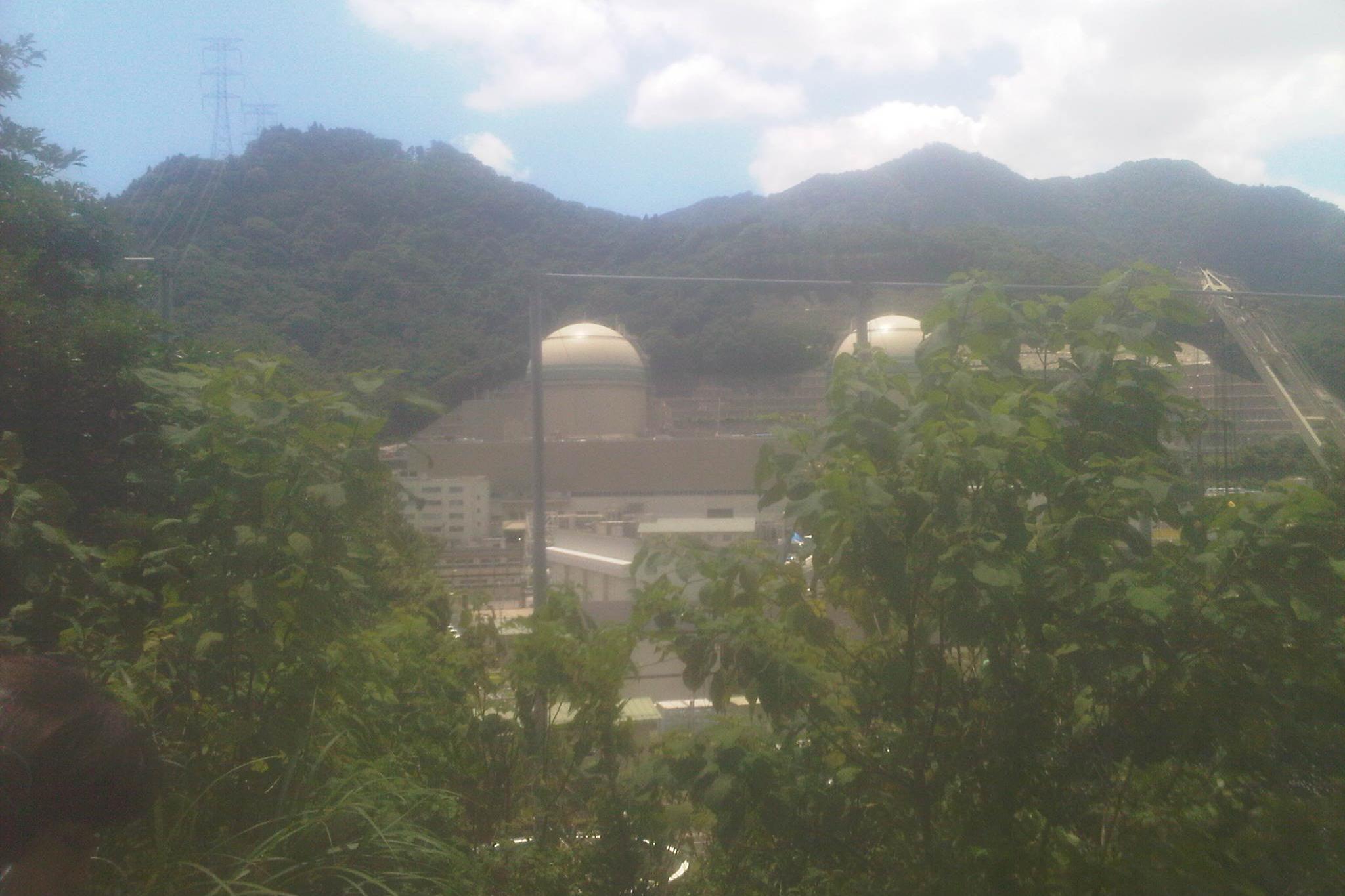Duke Physics Colloquium: Learning from the Hard Cases: Iran, North Korea, Japan, and the Future of Nuclear Nonproliferation

"Learning from the Hard Cases: Iran, North Korea, Japan, and the Future of Nuclear Nonproliferation" - Nuclear energy has the potential to help reduce carbon emissions and mitigate climate change. However, the technology also has serious drawbacks. For instance, the same facilities needed to generate nuclear power for peaceful purposes can be misused to produce nuclear explosive materials, primarily highly enriched uranium (HEU) and plutonium. This risk must be more effectively managed if nuclear power is to play a larger role in the world's energy mix. The system in place to deter and hopefully detect such misuses, the nuclear non-proliferation regime, has faced many challenges over the last several decades, including Iran, North Korea, and Japan. And it will have to confront new ones as nuclear energy facilities are deployed more widely in politically unstable regions such as the Middle East, without counting on a commensurate increase in resources. This talk will discuss some of the technical and political obstacles that the regime must overcome in order to adequately control proliferation risks in the future. | Faculty host: Joshua Socolar | Refreshments will be available before the event in room 130.






